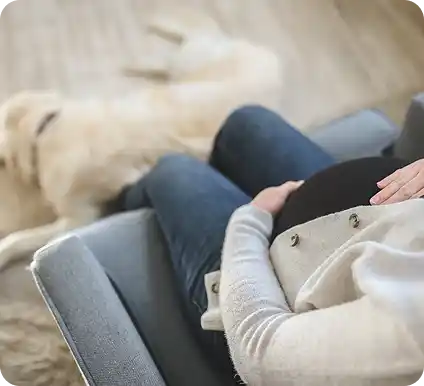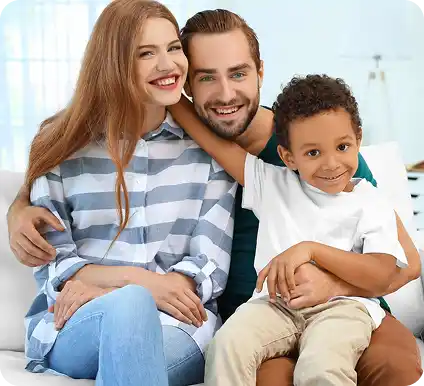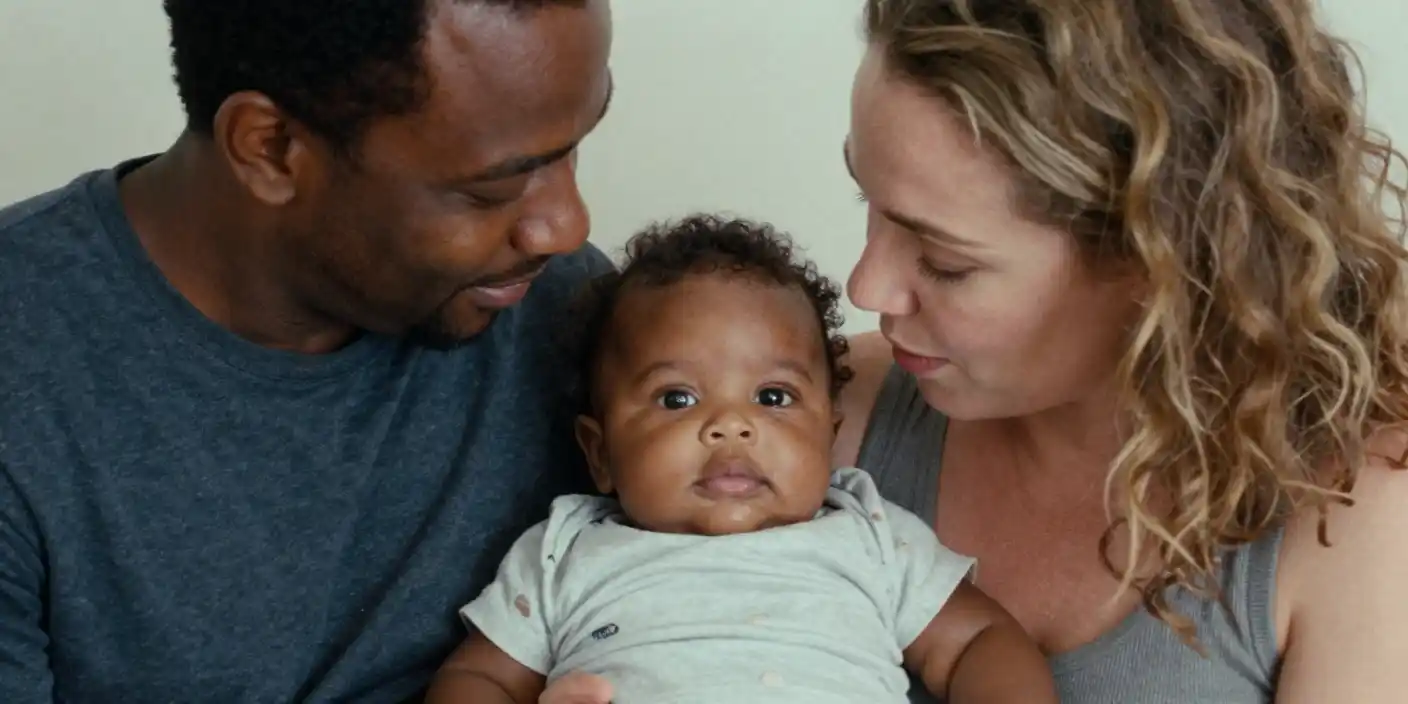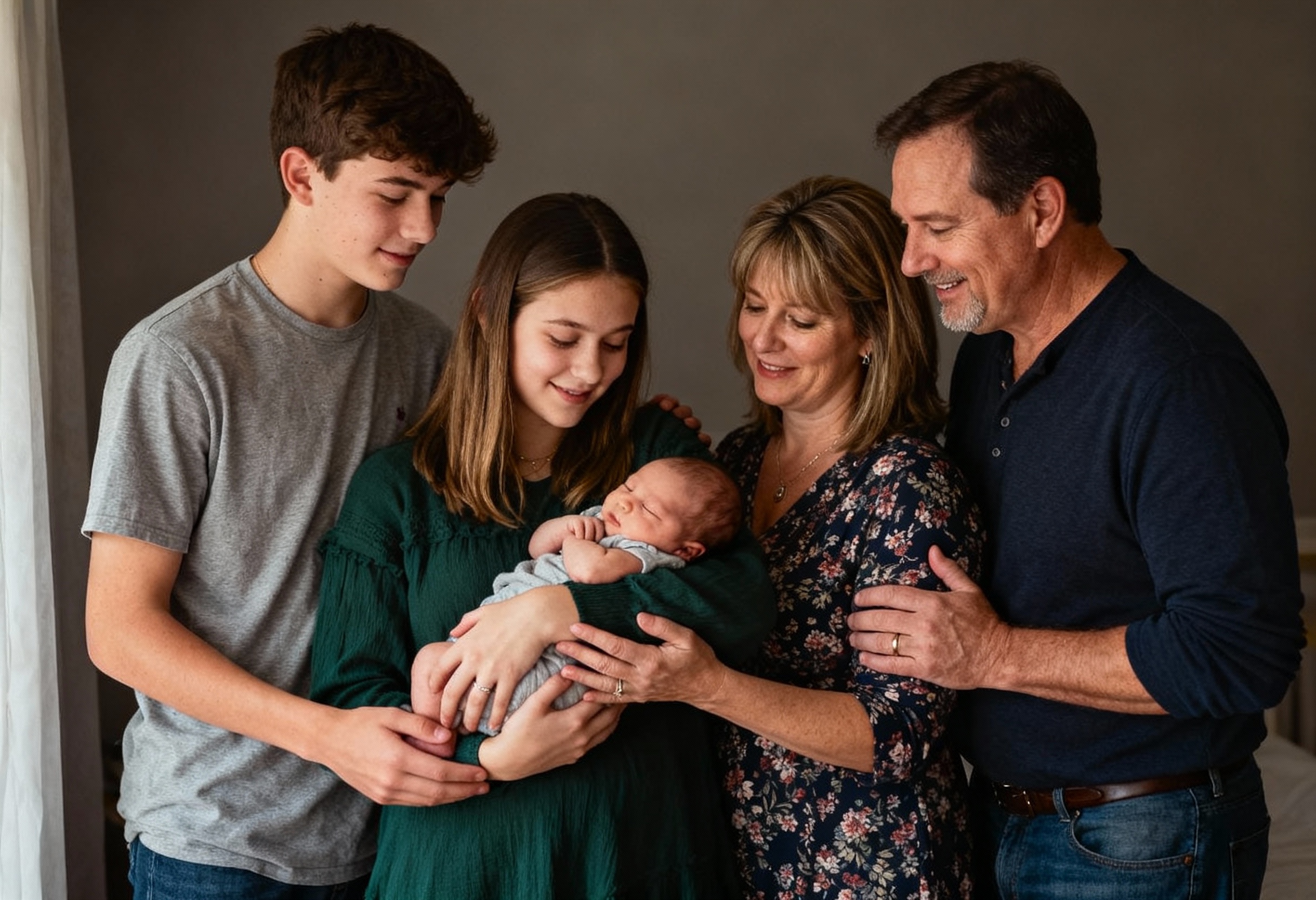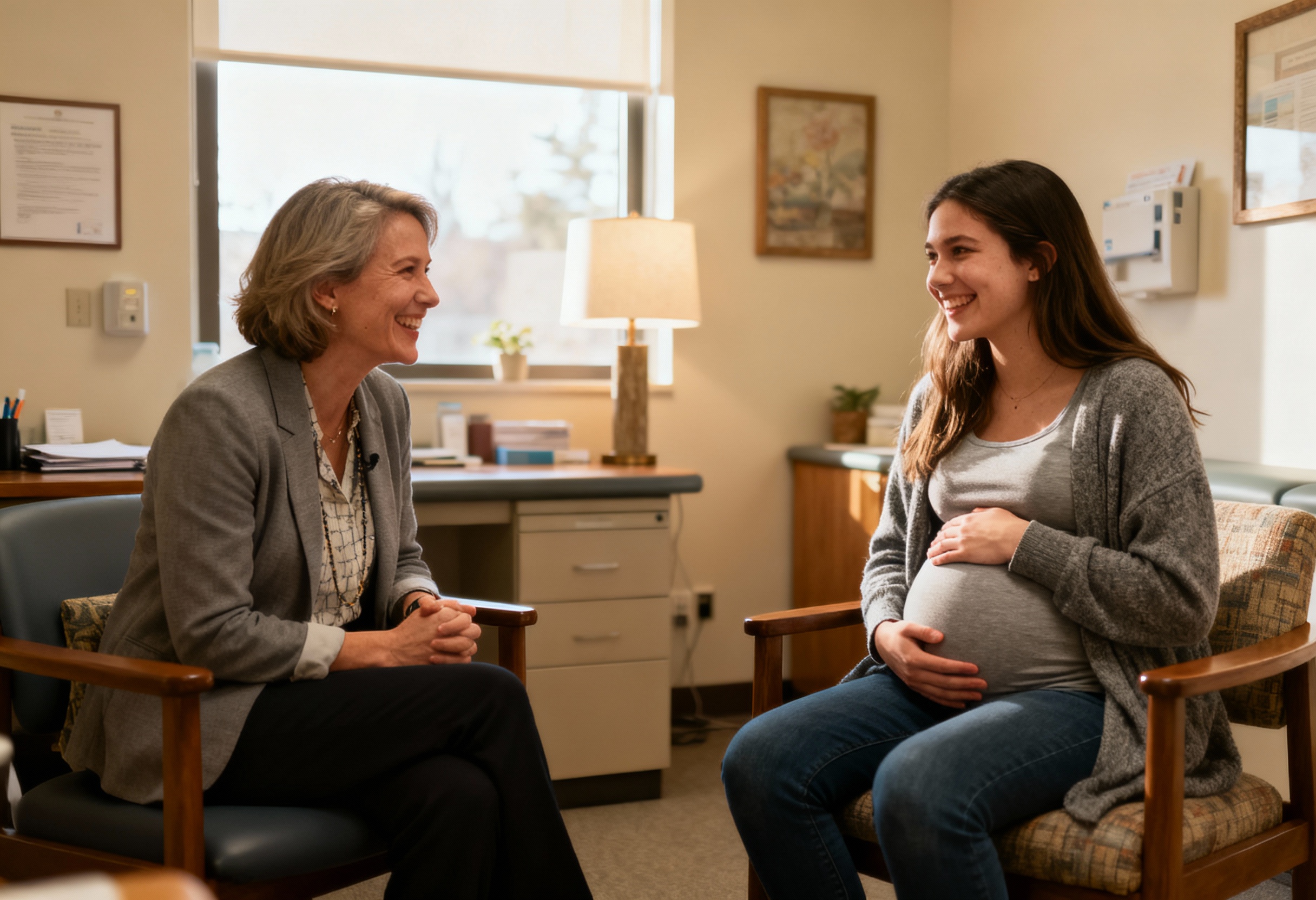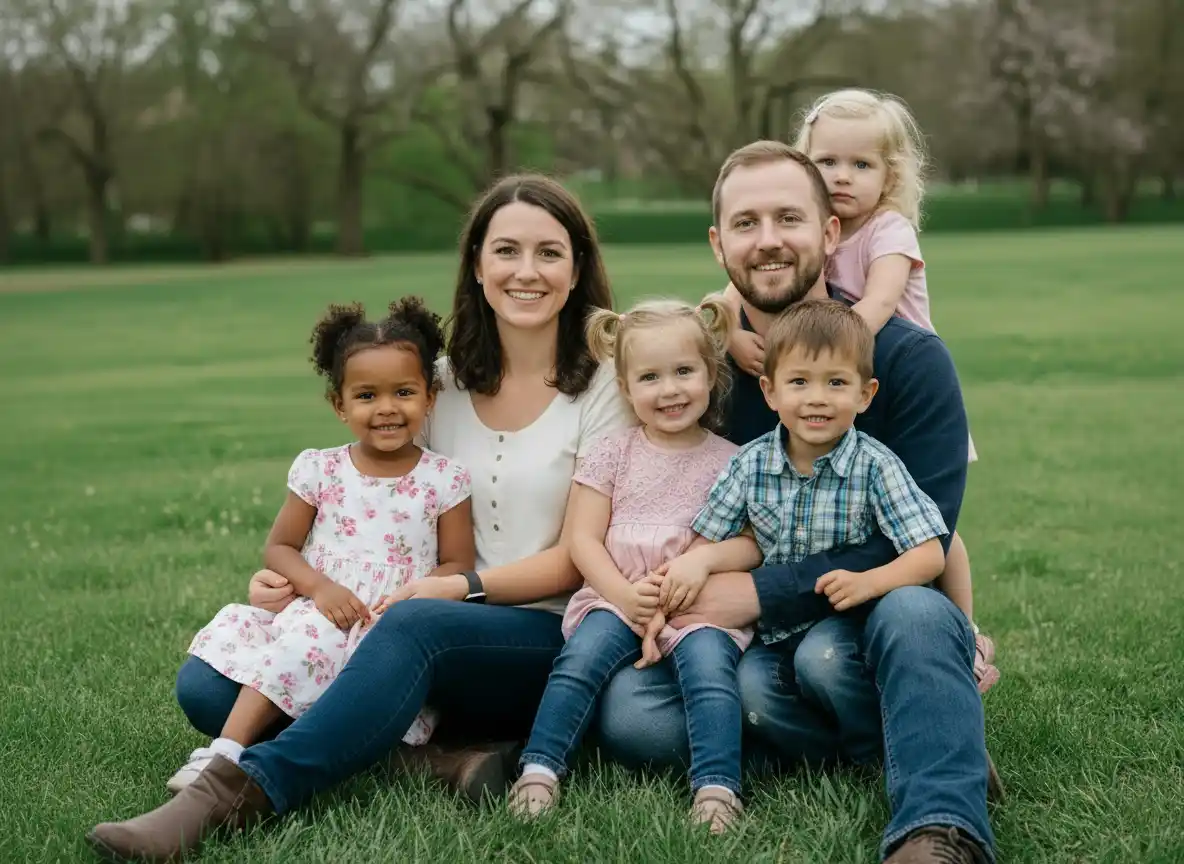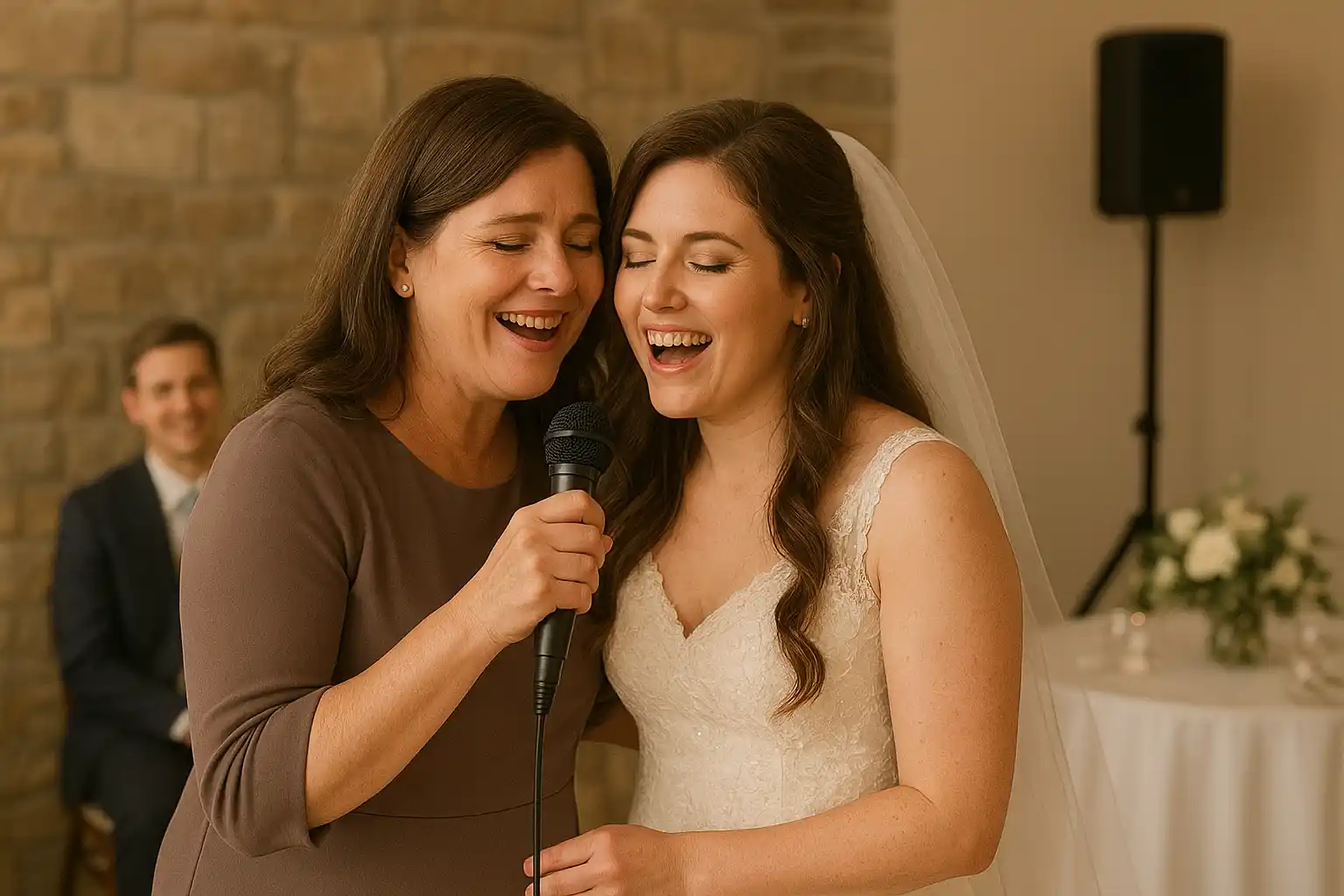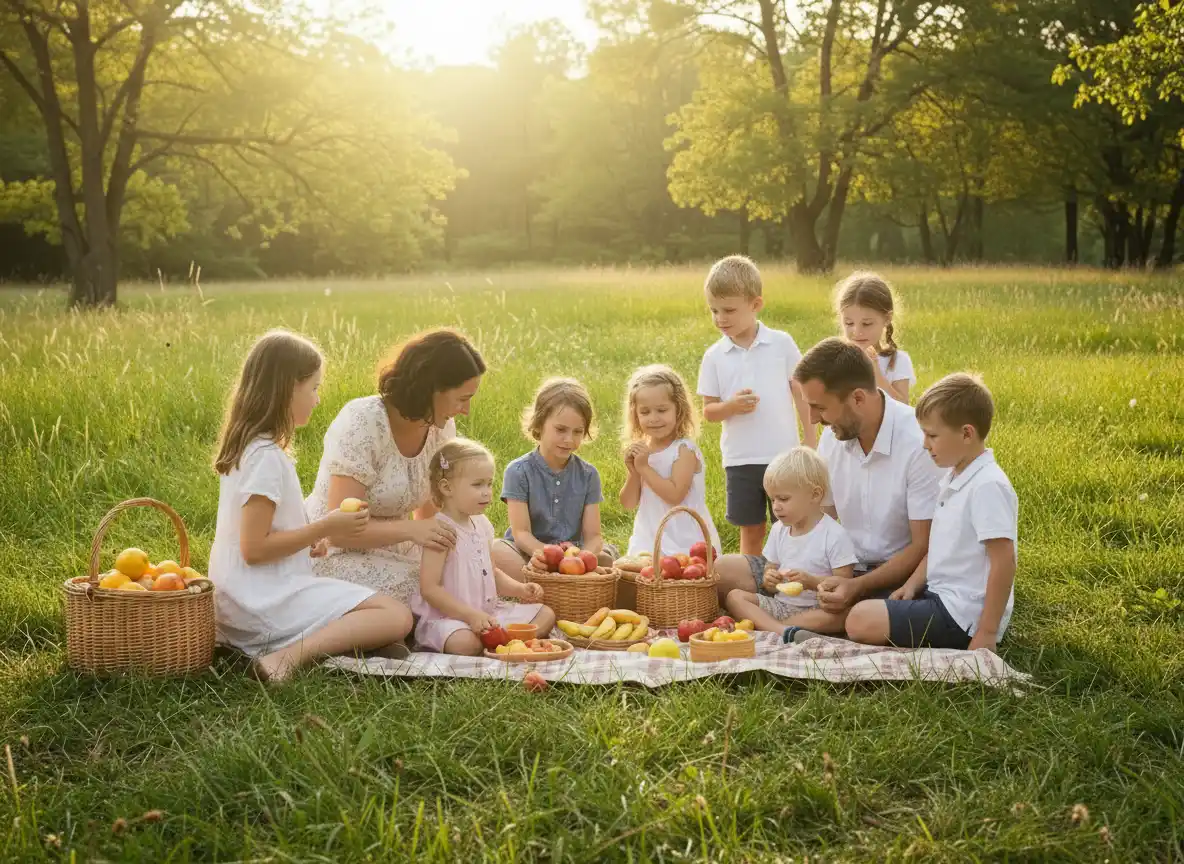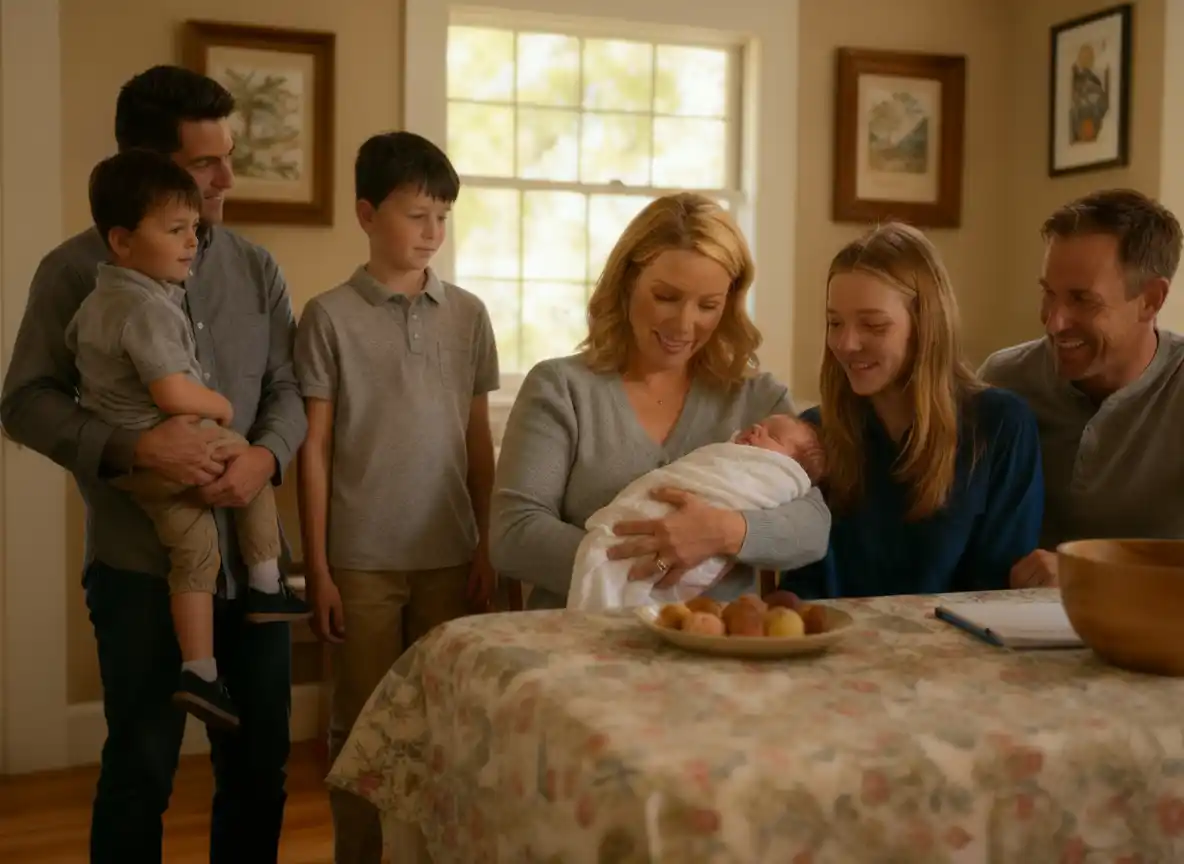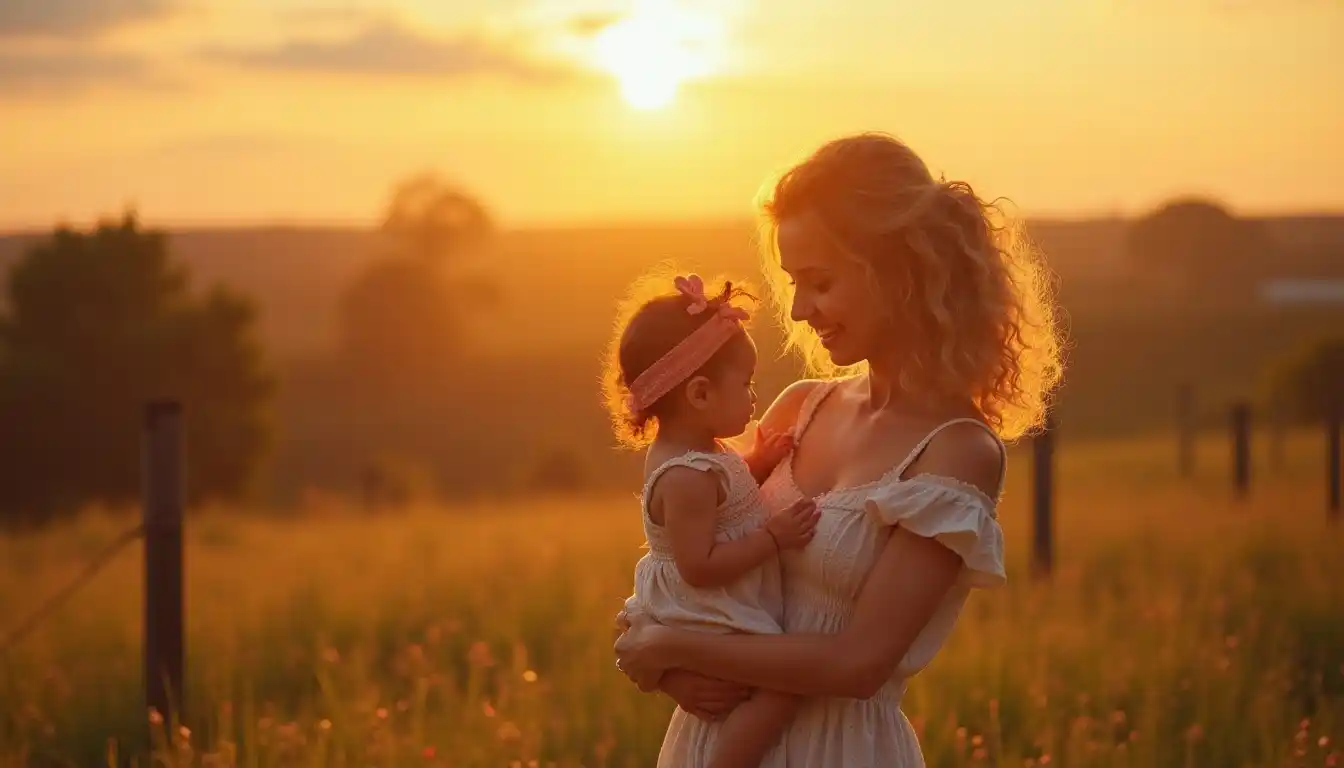Six Attachment Wounds Every Adoptee Carries and How Healing Becomes Possible
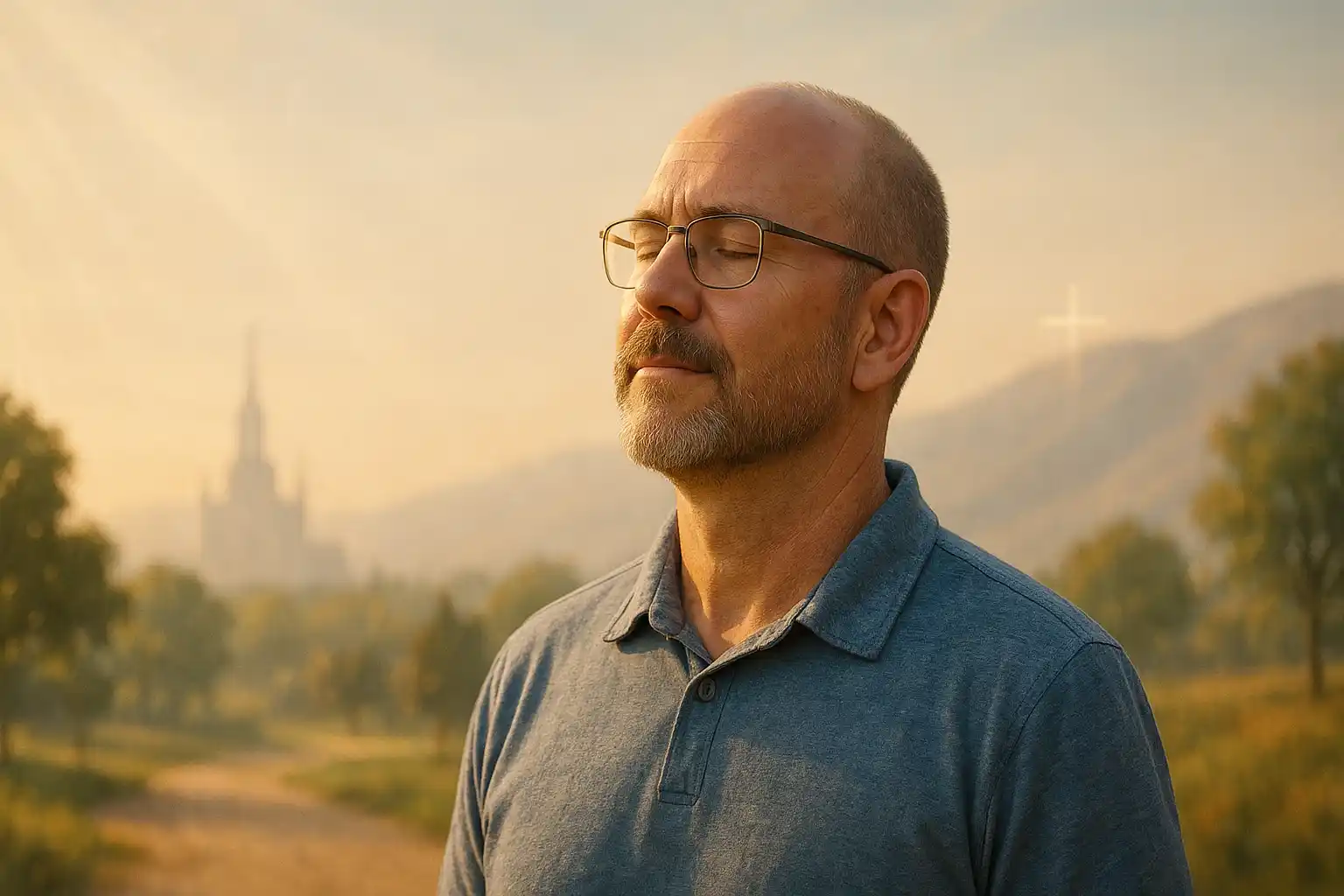
Troy Love introduces himself the same way he did as a child: "I'm Troy, and I'm adopted." But unlike that proud five-year-old who thought being adopted made him special, the adult Troy understands something much deeper about what that identity truly means. As a licensed therapist specializing in adoption trauma and the author of three published books on emotional healing, Troy has spent decades working with adoptees, birth parents, and adoptive families who are navigating the complexities of the adoption journey.
Adopted at just five days old through a closed adoption in Utah, Troy grew up in a home that held both deep love and significant violence. His adoptive parents wanted the best for him, yet they also carried their own unhealed wounds that manifested in domestic abuse throughout his childhood. Today, Troy works with members of The Church of Jesus Christ of Latter-day Saints and families across faith traditions to help them understand what he calls the six attachment wounds that affect nearly every person touched by adoption.
In this episode of Eternal Family Adoptions with host Donna Pope, Troy shares his journey through closed adoption, growing up LDS in a violent home, coming out as a gay man in a conservative faith community, finding his birth mother at age 37, and the moment he chose forgiveness over anger with his abusive father. His story offers practical guidance and genuine hope for anyone seeking to heal adoption-related trauma while honoring the complexity of their experience.
The Unspoken Rule About Searching
Troy's adoption story began like many closed adoptions in the early 1970s. His birth mother made the difficult decision to place him for adoption after realizing that raising him as a single mother wasn't the life she wanted for either of them. His adoptive parents told him that adoption meant "special love" and compared his situation to Joseph adopting Jesus, giving him a faith-based framework for understanding his place in their family.
For years, Troy accepted this narrative without question. But when middle school arrived, curiosity began to creep in. He would walk through school hallways scanning faces, wondering if any of these students might be his biological siblings. The questions multiplied in his mind, but he never voiced them to his parents.
The silence around birth family searches wasn't because his adoptive parents explicitly forbade the topic. Rather, they simply never brought it up, and that absence of conversation sent a clear unspoken message: we don't discuss this. Utah has the nation's highest child adoption rate, largely due to the influence of The Church of Jesus Christ of Latter-day Saints, according to the National Committee for Adoption. With such a strong adoption culture in the state, many adoptees still struggle with when and how to initiate conversations about searching for birth families.
President Gordon B. Hinckley taught, "How wonderful a thing is a child. There is no greater miracle than the creation of human life." This reverence for children extends to the Church's support of adoption as a way to provide children with loving, two-parent homes. Yet even in faith communities that embrace adoption, adoptees like Troy often carry unspoken questions for decades.
Violence Behind Closed Doors
While Troy's adoption story began with the hopeful language of "special love," his childhood reality included a darker element that many people don't associate with adoptive families. His father had a violent temper. His father would physically abuse his mother, and then his mother would abuse the children. When things were good in their home, they were genuinely good. When things were bad, they were terrible.
Troy's parents adopted three children total, including a 10-year-old girl who had come from a severely traumatic background. Watching his older sister struggle with her unprocessed trauma throughout her entire life taught Troy important lessons about connection, resilience, and the things not to do. She passed away about four years ago, never having fully healed from the wounds she carried into their family.
The Utah Department of Human Services notes that adoptive families face unique stressors that biological families may not encounter, including dealing with children who have experienced early trauma, navigating complex emotions around identity, and managing the grief that adoptees often carry. Troy's family exemplifies how adoptive parents can have enormous hearts and good intentions while simultaneously struggling with their own unhealed wounds.
President Gordon B. Hinckley addressed violence in families directly, stating: "I have never accepted the principle of 'spare the rod and spoil the child.' I will be forever grateful for a father who never laid a hand in anger upon his children. I am persuaded that violent fathers produce violent sons. I am satisfied that such punishment in most instances does more damage than good." Troy's experience confirms this tragic pattern, as his father had been physically abused by his own father, continuing a generational cycle of violence.
The Six Attachment Wounds
Through his own therapeutic journey and subsequent work with hundreds of clients, Troy identified six attachment wounds that affect adoptees and many others who have experienced early relational trauma:
The Six Attachment Wounds:
Loss - The loss of biological family, genetic mirror, and connection to origins
Neglect - Experiences of not having needs met, emotionally or physically
Abandonment - The primal wound of separation from birth mother
Betrayal - Broken trust in relationships or promises not kept
Rejection - Feeling unwanted, not chosen, or not enough
Abuse - Physical, emotional, or psychological harm
Troy experienced all six wounds in different ways throughout his life. He carried the loss of his birth family even though he was adopted as an infant. He experienced neglect and abuse in his adoptive home. He felt deep rejection when bullied in middle school for being gay, an identity he desperately tried to hide and even attempted to change through conversion therapy.
At age 23, Troy wandered into a social work class and loved it. During his master's program internship at a drug and alcohol rehabilitation facility, Troy heard addicts share their stories about abuse, rejection, and trauma. His realization changed everything: "That's just like me." The substances were different, but the underlying wounds were exactly the same. Research has established strong connections between childhood trauma and substance use disorders, with studies showing that individuals who experience early adversity are at significantly higher risk for addiction later in life.
Troy's framework gives language to experiences that many adoptees have felt but couldn't articulate. As he explains in his therapeutic work, "What is mentionable is manageable." When people can name their wounds and talk about them openly, those wounds become less overwhelming and more treatable.
Finding Birth Family and Breaking Cycles
By his mid-30s, Troy had done significant healing work. He'd accepted his identity as a gay man and started to understand his parents' own trauma. But he still hadn't searched for his birth family, held back by not wanting to hurt his adoptive parents and not wanting to disrupt his birth mother's life if she had never told anyone about him.
The search happened almost by accident when his aunt mentioned to his adoptive mother that Troy wanted to find his birth parents. His mother was furious at first but gave him the one piece of information she had: the bishop who facilitated the adoption was having his 60th wedding anniversary. Within five minutes of Googling, Troy found him. Within days, he was connected to his birth uncle, who carefully vetted Troy before approaching his birth mother to ask if she wanted to meet. She said yes.
According to the Church's Adoption Reunification guide, concern for the feelings of adoptive parents often prevents children in closed adoptions from seeking more information about their birth families. Yet research suggests that many birth mothers maintain emotional connections to the children they place for adoption and are open to contact when approached respectfully.
They met at Layton Park in Utah. Troy's birth mother had thought about him every Valentine's Day for 37 years, looking out the window and saying a prayer for him. The reunion was beautiful. Troy got to tell her thank you for the sacrifice she had made and for giving him life.
Later, when Troy's adoptive father felt threatened by these new relationships, Troy drove to his father's house ready to confront him about the violence finally. But when Troy walked into the room, his father sat there with oxygen tubes in his nose, having lost his right leg to diabetes. Troy saw not the man who had terrified him as a child but a man in tremendous pain. Instead of unleashing his prepared confrontation, Troy said something completely different: "Dad, I love you."
That choice changed everything between them. Troy let go of decades of resentment and broke the generational cycle of violence that had defined his family. Research on intergenerational trauma demonstrates that conscious awareness and intentional intervention can interrupt the transmission of harmful patterns across generations, and Troy's story exemplifies this principle in action.
Supporting the Adoption Triad
Today, Troy works as a therapist with all sides of the adoption triad: adoptees processing their attachment wounds, birth parents carrying the weight of their placement decisions, and adoptive parents learning to support children who came to them already wounded.
One of his most valuable insights for adoptive parents is understanding that even infants adopted at birth carry separation trauma. That baby spent nine months in the womb hearing their birth mother's heartbeat, voice, and breathing. Then suddenly, all of that was gone. Research in developmental psychology and neuroscience has documented that early relational experiences, including pre-verbal trauma, shape attachment patterns and emotional regulation throughout life.
The Church has long supported adoption as a sacred way to build families. As noted in the Ensign article "Why Adoption?", when President Gordon B. Hinckley spoke about unwed mothers facing difficult decisions, he taught: "When marriage is not possible, experience has shown that adoption, difficult though this may be for the young mother, may afford a greater opportunity for the child to live a life of happiness."
Troy teaches adoptive parents that their children have wounds the parents didn't create and may not even realize exist. The work isn't about fixing these wounds or making them disappear. The work is about creating space where these wounds can be acknowledged, discussed, and integrated into a coherent life story.
For birth parents, Troy's message is one of honor and recognition. He knows from personal experience that the decision to place a child for adoption is never easy. He tells birth parents they are enough, that they made their decision out of love and a desire for a better life for their child, and that this sacrifice matters deeply.
For adoptees, his message is equally clear: you are enough, you matter, and there's a reason you were born. The circumstances around your birth and placement may have been challenging, but those circumstances don't determine your worth or your potential.
Faith as a Framework for Healing
Troy's faith journey as a member of The Church of Jesus Christ of Latter-day Saints has been complex, especially as a gay man navigating conservative religious teachings. Yet his faith has also provided a framework for understanding healing that he finds valuable and meaningful. When Troy thinks about the six attachment wounds he has identified, he recognizes that Jesus Christ experienced all six of them in dramatic and painful ways during his life and crucifixion.
Troy believes that wounds can heal when we stop focusing on who gave us the wounds and instead focus on what we do with them. This perspective doesn't minimize the real harm that occurred or excuse abusive behavior. Rather, it shifts the power back to the wounded person, giving them agency in their own healing journey.
Troy's work emphasizes that healing is not about blame or finger-pointing but about doing what he calls "wound care." Just as physical wounds need to be cleaned, protected, and given time to heal, emotional and attachment wounds need attention, processing, and support. His three published books offer frameworks for this healing work: "The Finding Peace Workbook" provides practical exercises for identifying and processing attachment wounds, his book on "The Finding Peace Model" explains the theoretical framework behind his therapeutic approach, and "Year of Self Love" offers 365 daily prompts to help readers develop compassion and acceptance for themselves.
Embracing Complexity: Call to Healing
Troy Love's story demonstrates that adoption is never simple, never just one narrative. It can be simultaneously an act of love and a source of trauma. Adoptive parents can have good hearts while also carrying unhealed wounds that harm their children. Birth parents can make sacrifices out of love while also causing pain through separation. Adoptees can feel gratitude and grief, joy and loss, all at the same time.
The six attachment wounds Troy has identified give language to experiences that many adoptees have felt but couldn't name. Loss, neglect, abandonment, betrayal, rejection, and abuse don't just affect adoptees; these wounds touch many people who have experienced early relational trauma. But by naming these wounds, talking about them openly, and doing the therapeutic work to process them, healing becomes possible. Wounds don't define us. We get to decide what they mean and how they shape our future.
President Gordon B. Hinckley taught parents to approach their children with patience and love rather than harshness. In addressing families, he said: "I speak to fathers and mothers everywhere with a plea to put harshness behind us, to bridle our anger, to lower our voices, and to deal with mercy and love and respect one toward another in our homes." This counsel applies equally to adoptive families navigating the complexities of attachment wounds and healing.
If you are an adoptee struggling with identity questions, unresolved grief, or confusion about your story, know that you are not alone. If you are a birth parent carrying shame or wondering if you made the right decision, know that your sacrifice matters and your child's life is better because of your love. If you are an adoptive parent trying to support a child who is struggling in ways you don't fully understand, know that creating space for their feelings without trying to fix them is one of the greatest gifts you can give.
Ready to hear Troy's full story? Listen to this episode of Eternal Family Adoptions and discover how understanding attachment wounds can transform your adoption journey. Whether you need support as an adoptee, birth parent, or adoptive family, Heart To Heart Adoptions offers resources and connection. Call their 24/7 support line at (801) 563-1000 or visit www.HearttoHeartAdopt.com to learn more about creating healing and hope in your adoption story.
Follow or Subscribe to Eternal Family Adoptions on your favorite platform:
Website: EternalFamilyAdoptions.org | YouTube: @EternalFamilyAdoptions | Twitter/X: @ef_Adoptions | Instagram: Eternal_Family_Adoptions | Facebook : Eternal Family Adoptions | LinkedIn: Eternal-Family-Adoptions
Follow Nathan Gwilliam: LinkedIn: @nathangwilliam
Follow Donna Pope: LinkedIn: @donna-pope-41652ba
Follow Troy Love:
LinkedIn: @troy-l-love | Website: findingpeaceconsulting.com | Instagram: @troyllove